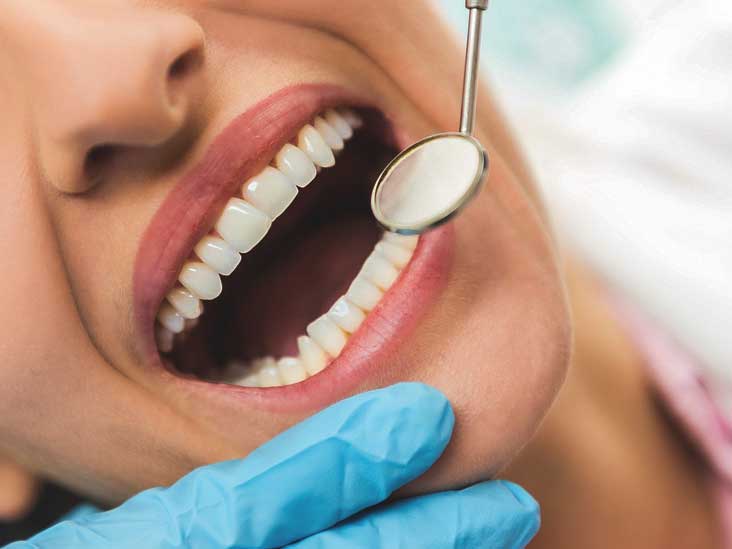So you went to your dentist and you were told to get scaling(oral prophylaxis) done and all of sudden all those myths and misconceptions you have heard about teeth cleaning started rushing into your mind…but not to worry, by the end of this article all your doubts about oral prophylaxis will be explained.
So to know about scaling first we should understand what is scaling,why is it important, and who needs it.
What is oral prophylaxis??
It is a common dental procedure for patients with gum disease. It is a type of dental cleaning that reaches below the gum line to remove the plaque build-up.
Why is it important??
Everyone experiences some form of plaque buildup. There is a thin layer that covers your teeth almost all times formed by the presence of saliva, bacteria and proteins in your mouth. The bacteria that lives in the plaque causes gum diseases and tooth decay if not taken care of. Gum disease is a disease that will not get better on its own, it will continue to worsen until it is treated. Oral prophylaxis is the best way to defend against the complications that can be caused further.
Who needs it??
If you notice inflammation of your gum tissues, redness, puffiness and bleeding when brushing and flossing, these are the signs of gingivitis (the earliest form of gum disease). The bacteriathat has been built up beneath your gum line is what causes the inflammation and possible infection. If treated by scaling at this earliest stage it may reverse the gum disease.
How often do you need it??
Oral prophylaxis should be done twice a year (once every six months).
Myths about oral prophylaxis…
Scaling is a process that has been misunderstood by many and also there are a lot of myths about it, out of which few of the most widely believed myths are
- Scaling causes weakening and mobility of teeth.
- Gaps between the teeth are increased than before.
- Teeth become sensitive.
- Procedure damages the enamel.
Myths explained and reasoned…
- At the very late stage when the teeth are cemented together with hard calculus and most of the bone is lost, scaling and removal of deposits at this stage would obviously make the tooth move. Hence its not scaling that loosens the tooth, they have already become loose due to calculus. Removal of calculus has set the tooth in mobility. This happens at very late stage.
- In some cases there is tooth colored tartar present between the gaps of the teeth hence on removal of this tartar the patient feels the gap has occurred due to cleaning which is wrong.
- And as tartar is removed the covered and concealed part of the teeth has been exposed to the oral environment thereby causing mild to moderate sensitivity which vanishes in a day or two, and most of the patients do not even experience sensitivity.
- By the correct use of instrument the plaque and tartar is removed only from the surface of the tooth thereby does not damage any enamel.
“Hence assured that scaling and root planning does not weaken your teeth, it will rather make them strong”
Dr. Krinita Motwani
Khar west, Mumbai.
Mbl : 9820280343
Email : drkrinitamotwani@gmail.com

